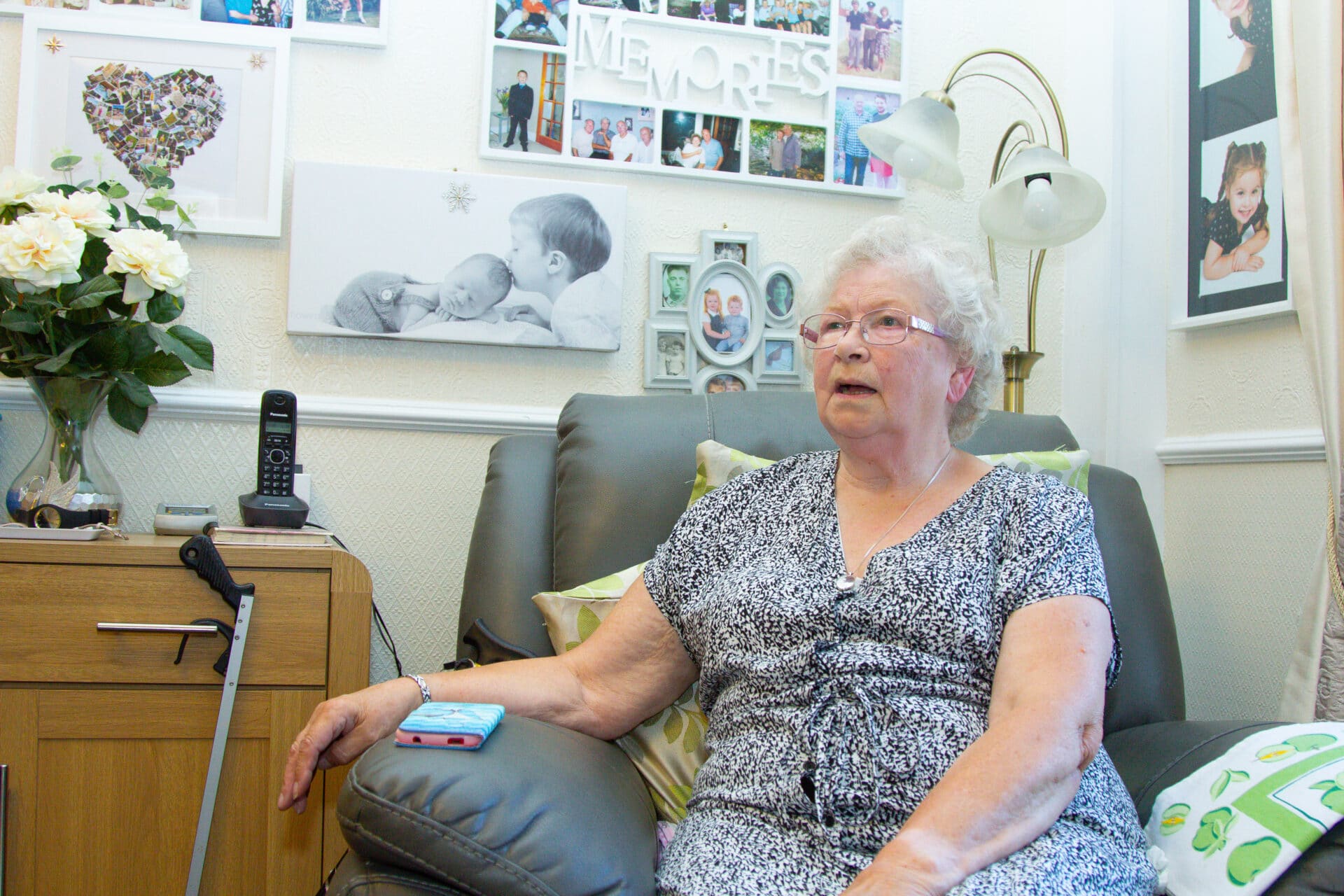How Is Dementia Diagnosed?

Receiving a dementia diagnosis can feel overwhelming, but early detection is key to accessing the right support and care. Understanding the diagnostic process can provide clarity and reassurance for individuals and their families.
Steps in Diagnosing Dementia
- Recognising Symptoms
The journey often begins when a person or their loved ones notice changes in memory, behaviour, or thinking. Common signs include forgetfulness, confusion, difficulty with communication, and changes in mood or personality. - Consulting a GP
The first step is to speak to a GP, who will assess symptoms and medical history. They may perform simple memory tests and ask about any daily challenges. - Specialist Assessments
If dementia is suspected, the GP may refer the individual to a specialist, such as a neurologist or psychiatrist. Specialists conduct in-depth assessments, including cognitive tests, interviews, and physical exams, to rule out other conditions. - Imaging and Blood Tests
Scans like MRI or CT and blood tests are often used to detect brain changes and rule out other causes of symptoms, such as vitamin deficiencies or infections. - Receiving a Diagnosis
Once the assessments are complete, the specialist provides a diagnosis, explaining the type of dementia (e.g., Alzheimer’s disease, vascular dementia) and offering guidance on next steps.
Learn About Caremark’s Home Care Services
At Caremark, we understand how challenging a dementia diagnosis can be. Our compassionate care assistants are trained to provide tailored support, helping individuals maintain independence and quality of life at home. From companionship to managing daily routines, we are here to make life easier for families navigating dementia care.
FAQ
What is dementia?
Dementia is a syndrome caused by various brain disorders that affect memory, thinking, behaviour, and the ability to perform everyday activities.
Why is early diagnosis important?
Early diagnosis allows for better planning, access to treatments, and support services, helping individuals and families manage the condition more effectively.
Can dementia be cured?
Currently, there is no cure for dementia, but treatments and therapies can help manage symptoms and improve quality of life.
How can Caremark help families coping with dementia?
Our skilled care assistants provide personalised support, including memory care, daily assistance, and emotional comfort, ensuring individuals feel safe and supported at home.